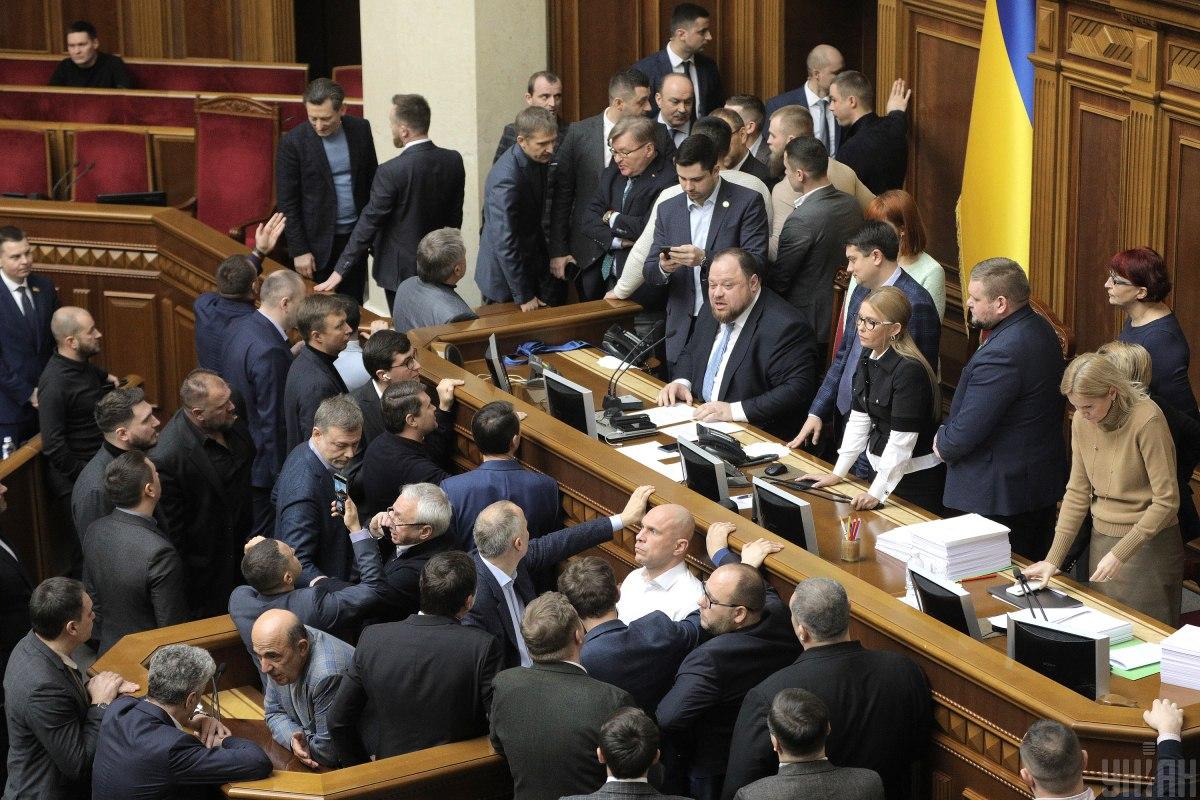
Week's balance: MPs fight over land bill, president vows "avalanche of investment", while gov't services go online
Amid opposition protests, Parliament started considering at second reading the land market bill, President Zelensky announced an "avalanche of investments" expected to flow into Ukraine, the government launched the Diia mobile application and an affordable loans program, while Ukrzaliznytsia signed a memo with a German railway carrier – these are the key economic developments of the outgoing week.
This week, the Verkhovna Rada finally began the second reading of the law on the land market, which is historical for the national agricultural sector and the Ukrainian economy as a whole. After the bill passed its first reading in November 2019, it underwent significant changes. In particular, in its final draft, foreigners shall be allowed to acquire land plots only after the Ukrainian people consent to this in a referendum. Meanwhile, citizens of the aggressor state, that is, Russia, shall be banned from purchasing Ukrainian land in principle. It is also provided that no one shall be allowed to own over 10,000 hectares of farmland.
In order to delay the adoption of the key law, the opposition deputies submitted more than 4,000 amendments to the relevant parliamentary committee, each of which, by decision of the session hall, had to be put to a vote and discussed separately. Opposition figures also resorted to such win-win methods as blocking the parliamentary rostrum, scuffles at the session hall and microphone breaking, as well as taking their supporters to rallies outside the Verkhovna Rada.
As a result, on Thursday and Friday, deputies considered a little more than two hundred amendments, of which only one passed.
Experts admit that the ill-fated bill is far from perfect, but they consider it appropriate to adopt it in its current form, rather than further delay the long overdue land reform again.
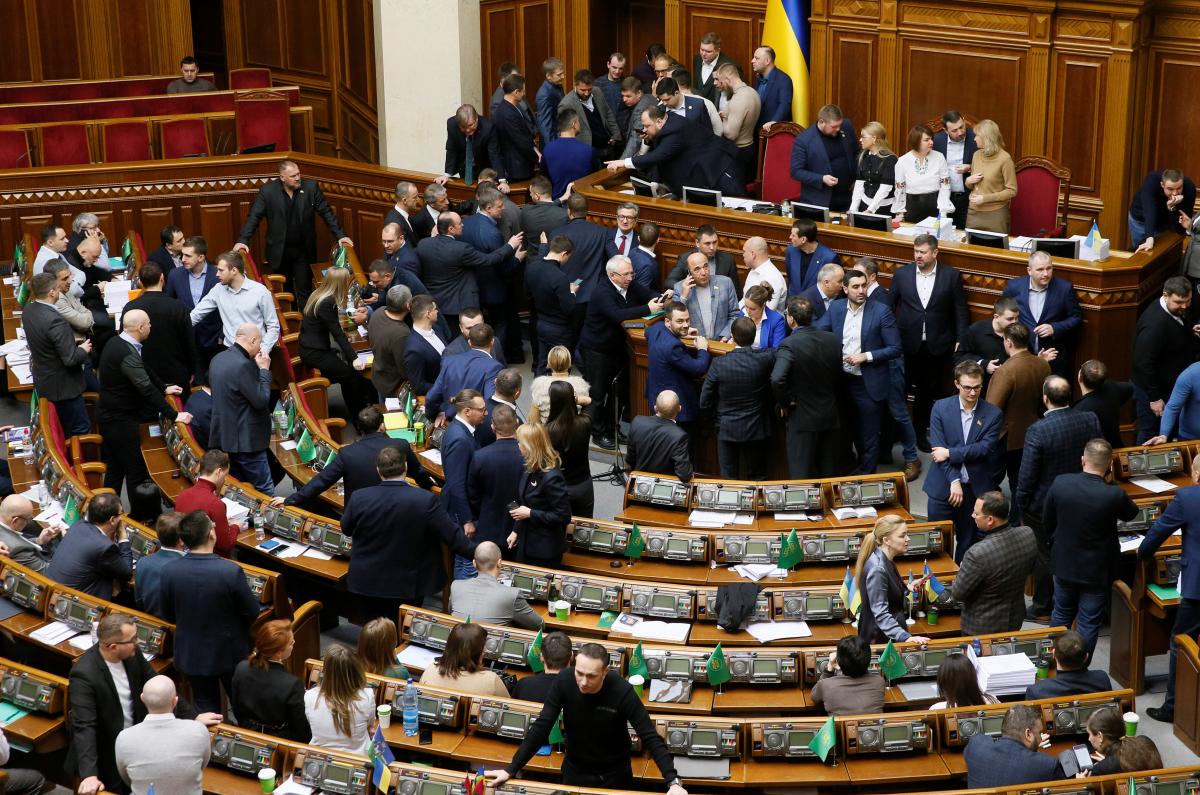
"We expect this to add 0.4 percent to economic growth this year, and 0.7 percent next year. Even in this format," said Tomas Fiala, President of the European Business Association.
According to the parliament’s agenda schedule, deputies will continue consideration of the bill no earlier than a week later – from February 18, and taking into account their pace, the final vote for land reform may be delayed until April or May. All this can lead to Ukraine's key lender, the International Monetary Fund, which has been closely monitoring the reforms, postponing the decision on a new cooperation program for Ukraine until the summer of 2020.
In anticipation of an "avalanche of investment"
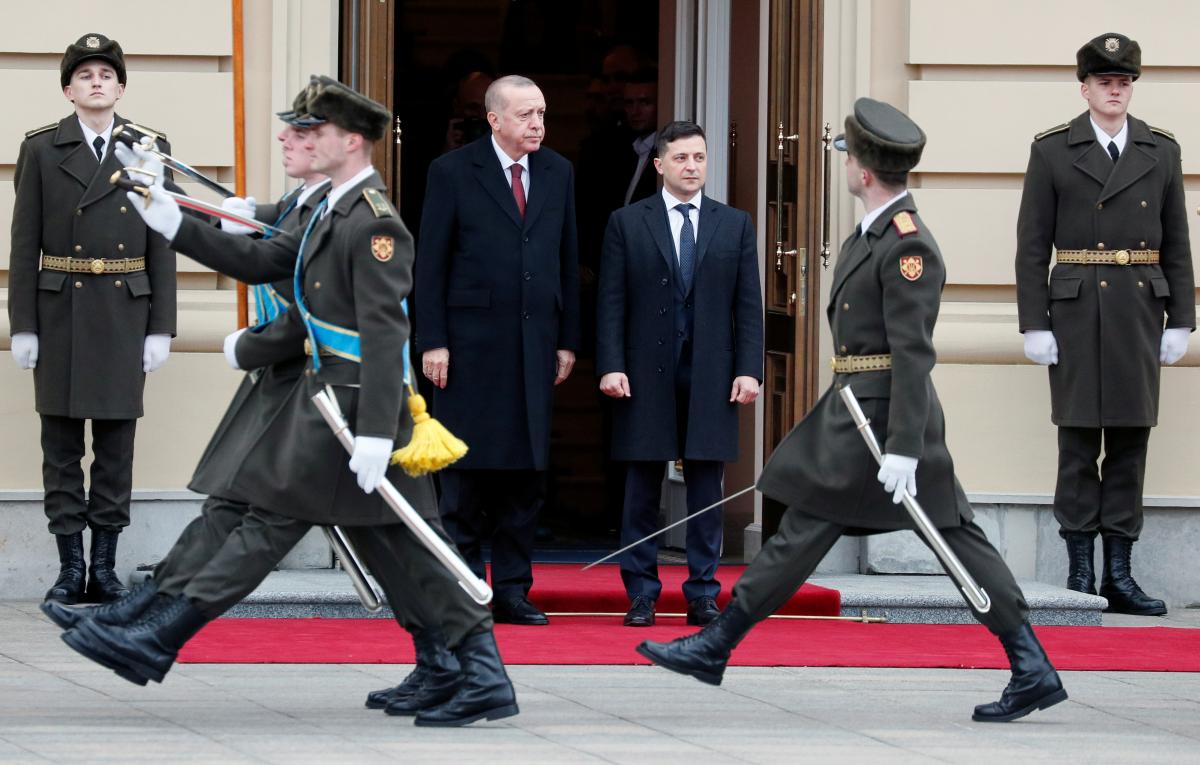
Over the past week, Recep Erdogan, President of Turkey, Ukraine's major partner in the Black Sea region, paid an official visit to the Ukrainian capital. Following the meeting with Ukrainian President Volodymyr Zelensky, the parties agreed to increase trade between the two countries from the existing four to ten billion dollars, discussed the possibility of supplying Caspian gas to Ukraine via Turkey, signed an agreement on cooperation in the defense sector and agreed to intensify cooperation in aviation.
During the Ukrainian-Turkish business forum, set up in honor of an important guest, Zelensky promised Ukrainians an "avalanche of investment".
"We work twenty-five eight. The elimination of administrative barriers, the expansion of businesses' rights, digitalization of government processes, the introduction of a transparent land market, large-scale privatization, and many other very important reforms are being implemented for the sole purpose: Ukraine should get 'covered' by an avalanche of investment, both external and internal," said Zelensky.
Just in the past week, the National Bank released statistics showing that the inflow of foreign direct investment in Ukraine's economy for 2019 so far doesn't resemble an avalanche, having amounted to $2.5 billion, just as a year earlier. For comparison: portfolio investments during this period, which are mainly non-residents' investments in government domestic loan bonds, was twice as large. That is, investors are more willing to give loans to Ukraine, but still don't seem to be in a rush to build their own business in the country.
Meanwhile, the moods of foreign investors actually improved slightly. "We talk a lot about shortcomings, about what impedes foreign investment. But we agree that today is probably the most opportune moment to improve the situation. We are optimistic, we plan to grow our business and expand lending," said Oleksandr Pysaruk, head of the board at Raiffeisen Bank Aval, the largest foreign-owned bank in Ukraine.
Driver's license in smartphone
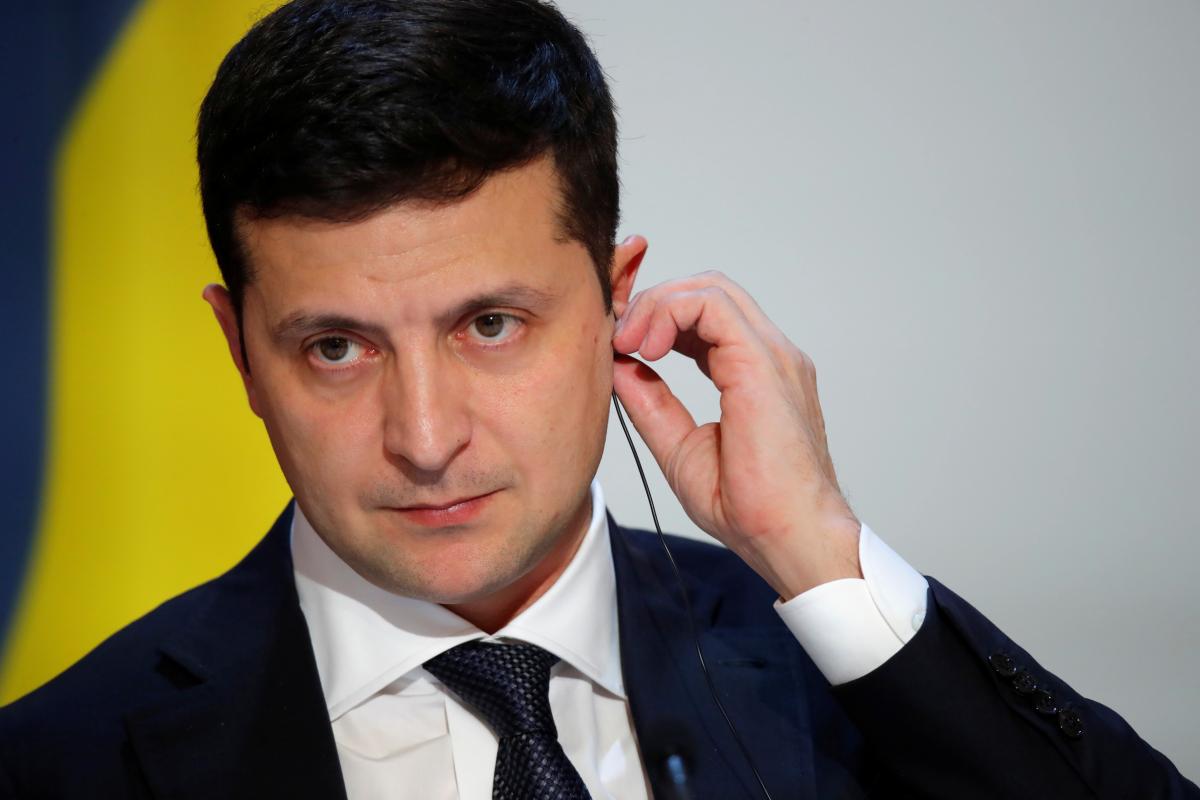
In the past week, the government launched the Diia mobile application. As part of the "State in a Smartphone" project, it is designed to render public services remotely, that is, without citizens having to visit government agencies.
Already, Ukrainian drivers are able to use the application as a sub for their actual driver's license and registration. Presenting the application, President Zelensky drew attention to the fact that with the launch of this service, Ukraine outran many European countries.
"Other countries have been approaching this for years, while we've been able to do this within six months. This is a great achievement. As far as I know, Ukraine has become the third country in Europe that has something like that," the president said.
However, the launch of the project didn't go as smoothly as we would like, and some users encountered difficulties loading their documents. As subsequently explained by the Ministry of Digital Transformation, only two and a half million, or less than a third of Ukrainian drivers have correct and complete data in the register of the Ministry of Internal Affairs, formed in 2013. After synchronizing the transport and demographic registers, the Ministry of Finance managed to expand the user base to five and a half million, while failing to cover all citizens, since the technology worked only for holders of biometric passports or ID cards. Another problem was the incorrectness of entries in the transport registry, as some regions kept their registers in paper form, and some in tables and outdated databases, which caused multiple mistakes when creating a single registry. To verify documents, additional verification is provided in the driver’s electronic office using BankID. But even after that, application developers admit that issues are possible for holders of old-style documents and recommend updating them.
The implementation of the project doesn't end there: the list of services available in the application will be gradually expanded. In particular, Ukrainians will have access to digital passports and will be able to use their smartphone to verify their identity for buying railway tickets, using healthcare and banking services.
The developers are determined to convert all public services into digital within five years and make the country one of the world leaders in the field of open data.
Affordable loans program
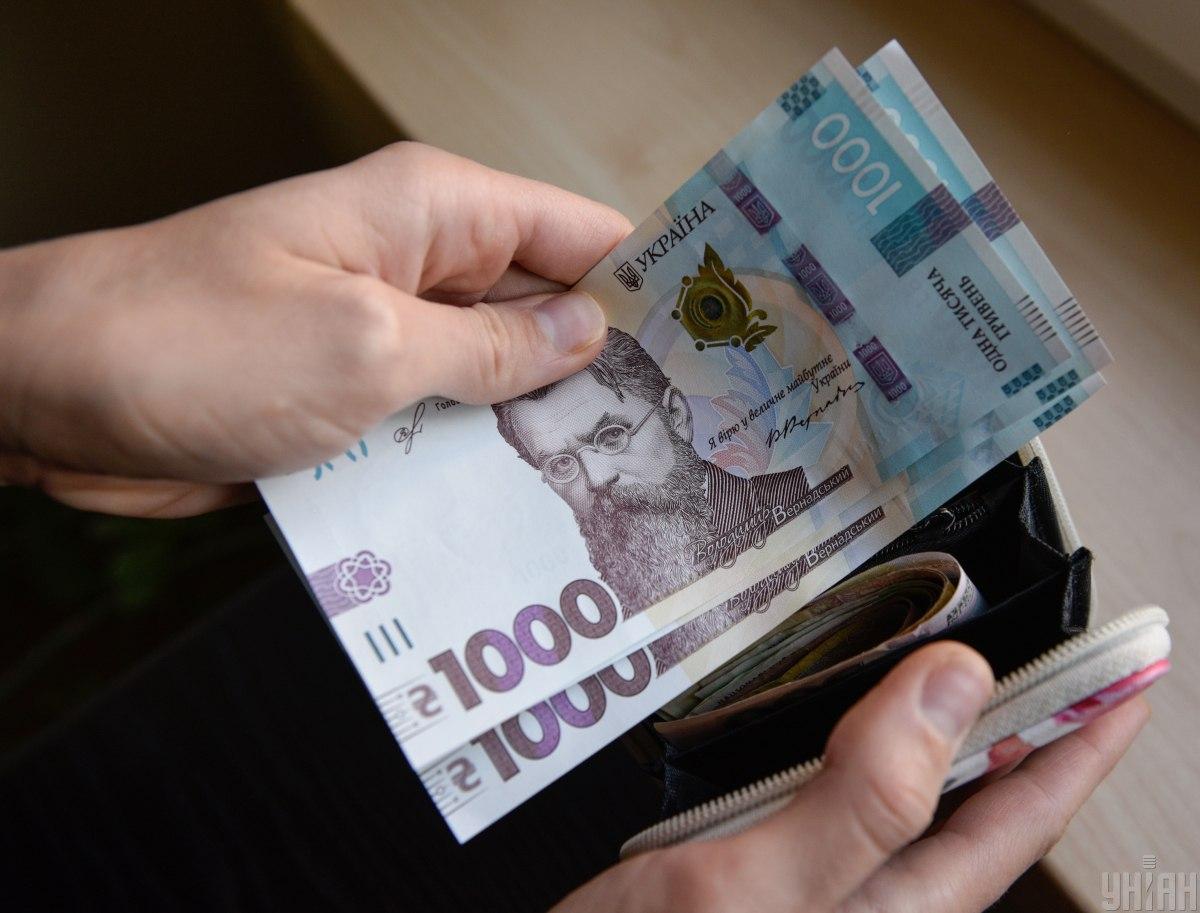
Last week, an affordable lending program for entrepreneurs "5-7-9" was launched in Ukraine. Within its framework, Ukrainians can get loans for setting up or expending their business in the amount of up to one and a half million hryvnias for a period of up to five years at low rates of five, seven, or nine percent per annum, which is two to three times cheaper than the market is now offering. The rate can be additionally reduced by half a percent for each new job created – to a minimum of five percent per annum.
The margin in rates will be compensated to banks by the Entrepreneurship Development Fund, which for this purpose will receive from the budget UAH 2 billion worth of financing. According to government estimates, this will cover about 50,000 projects, and in the future, if successfully implemented, the program may receive additional funding.
Experts are generally positive about the initiative. "Within the framework of this program, instruments for cheapening loans for the borrower (interest compensation) and reducing credit risks for banks (portfolio loan guarantees) were combined. That is, the program is aimed at overcoming the two biggest obstacles that hinder lending development," said Olena Korobkova, executive director of the Independent Association of Banks of Ukraine.
She says the program is easy to administer, as the bank's decision to grant a loan automatically opens access to government support without any additional coordination with officials. In addition, the sum of compensation for specific loans for six months in advance will be credited to special accounts that will be used as long as the loan is being paid off, which minimizes the risk of interruptions in financing. At the start of the program, four state-owned banks concluded partnership agreements with the Entrepreneurship Development Fund – Oschadbank, PrivatBank, Ukrgasbank and Ukreximbank. In the early days of the program, these financial institutions received over 17,000 applications from entrepreneurs and even issued several loans.
Meanwhile, non-state banks are also interested in the program. In particular, Raiffeisen Bank Aval, the largest bank in Ukraine with foreign capital, is one of the most active lenders to small and medium-sized businesses in the country. The bank said they were ready to quickly consider an agreement on participation in the project as soon as it was received.
German partners for Ukrzaliznytsia
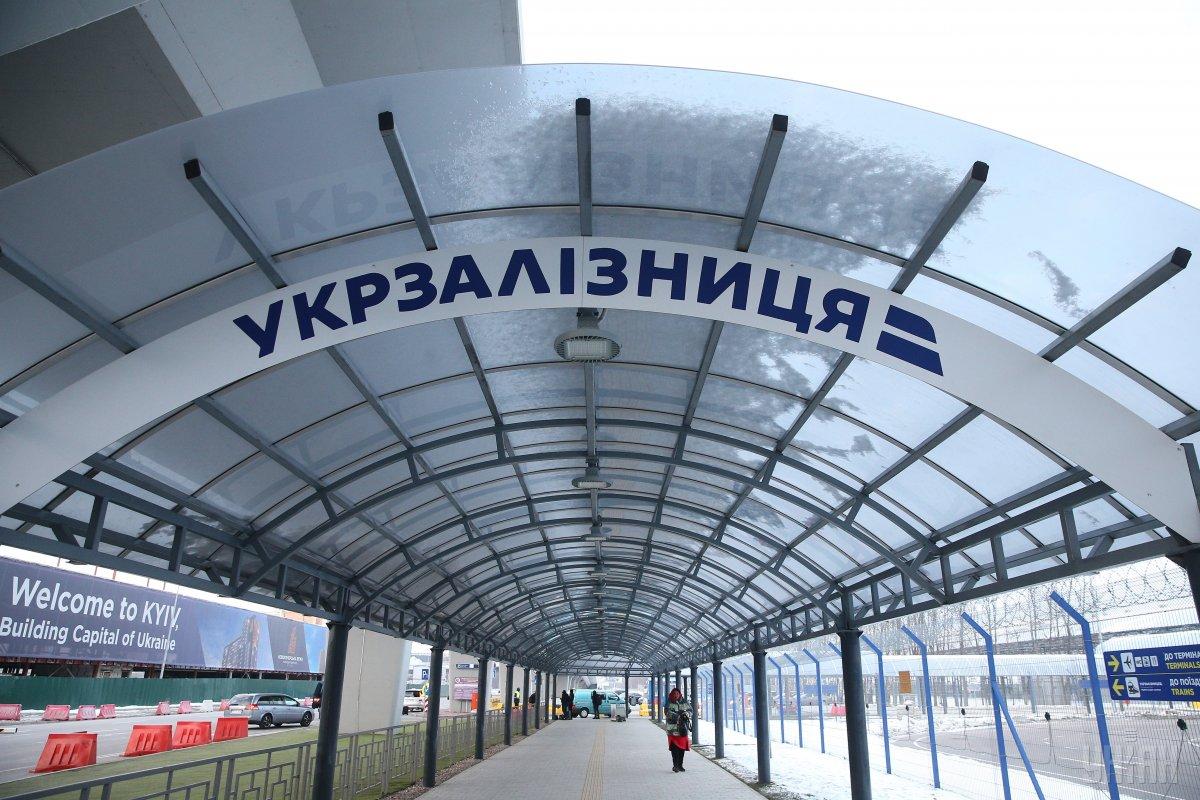
Last week, JSC Ukrzaliznytsia signed a memorandum of cooperation with German railway carrier Deutsche Bahn, one of the largest in Europe. According to the document, which provides for the possibility of strategic cooperation between the companies for a period of up to ten years, at the initial stage, the parties should agree on a procedure for evaluating the preformance of Ukrzaliznytsia and develop a roadmap for improving it.
Prime Minister Oleksiy Honcharuk expressed expectations that cooperation with the German partner will stimulate the launch of new railway routes and facilitate closer integration of the transport systems of the two countries. According to him, the government’s priority is to increase the efficiency of Ukrzaliznytsya's management, as well as to ensure transition to the European model of the railway transportation market, but it's not about selling or leasing the Ukrainian monopoly.
Ronald Pofalla, member of the Deutsche Bahn Infrastructure Board, assured that Ukrainians will keep managing Ukrzaliznytsia, but management could be strengthened by Deutsche Bahn executives. The first stage is about counseling, and then further steps can be taken.
It is worth noting that the Ukrainian company is still in search of a top manager. A week after the dismissal of head of the board, Yevhen Kravtsov, the supervisory board announced a competitive selection for this post, promising to find a candidate who can implement positive transformations by improving efficiency and quality of services, as well as prepare the company for tougher competition following the launch of the railway transportation market.
The next week promises to be no less interesting in terms of economic news and, as weather forecasters predict, it will also be warmer. The Cabinet of Ministers is set to submit a performance report to the Verkhovna Rada. It is possible that it will become the basis for future personnel changes in the government.
The State Statistics Service will unveil inflation indicators for January and the dynamics of foreign trade over the last year.
Olha Hordienko

